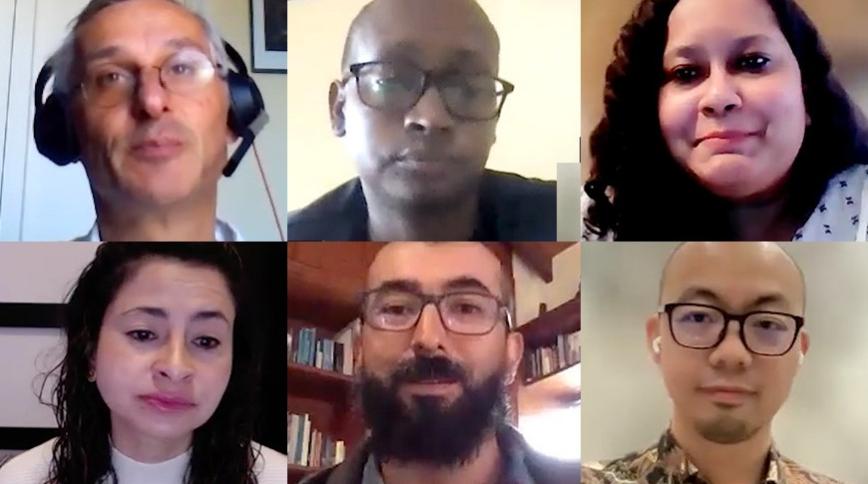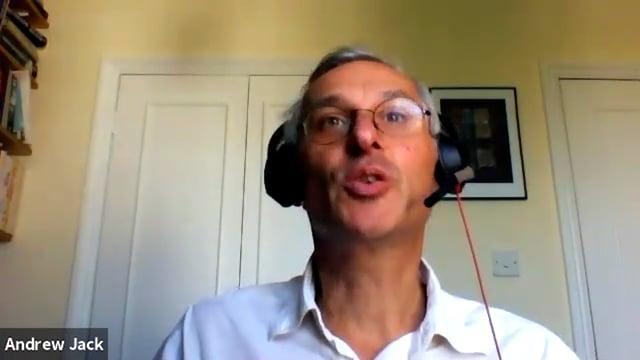Network Leaders Discuss Building a More Conducive Learning Environment Post-COVID at UKFIET 2021

The COVID-19 pandemic has exacerbated educational inequities around the world, reversing many of the global education gains made in the last decade. Yet, teachers, school leaders, parents and local leaders who commit to leveraging available resources have found innovative ways to keep some of the most marginalized children safe and learning. These innovations offer an opportunity to begin to think beyond the pandemic and reimagine the kind of education today’s students will need in order to thrive in an uncertain and changing world.
To consider the question of how we can build a more conducive learning environment post-COVID, Teach For All convened a diverse panel of practitioners from across the network and beyond at the 2021 UKFIET Conference last month. The panel was moderated by the Financial Times Global Education Editor Andrew Jack and featured Teach For Uganda CEO James Kassaga Arinaitwe, Teach For India Director of Training & Impact Alpana Mallick, Enseña por Colombia CEO Margarita María Sáenz, Project ID Co-founder (and Teach For Malaysia alumnus) Kelvin Tan, and Harvard University’s Berkman Klein Center for Internet and Society Researcher Andres Lombana-Bermudez.
The discussion explored innovative approaches created in response to the pandemic, based on evidence from research and lessons from practice, which can also supplement and improve traditional instruction, and reimagine learning spaces. These included Teach For Uganda’s use of small outdoor “cluster” classes in village communities and its telephone learning program; the blended learning model Teach For India developed and trained their fellows on that takes advantage of the new level of virtual connectivity; and the national student survey Project ID conducted to understand how students in Malaysia were coping with the shift to online learning, the challenges they faced, and how they prefered to learn.
Margarita and Andres also presented the results of the quasi-experimental field experiment designed by Teach For All, Enseña por Argentiná, Enseña por Colombia, Enseña por México, Movilizatorio, and the Google News Initiative to pilot a curriculum for digital media literacy with over 300 middle and high school students, and assess its impact. The curriculum they developed, DigiMente, is the first Spanish-language media literacy curriculum in Latin America aiming to equip students with the skills they need to distinguish fact from fiction online and be more empathetic global citizens.
Watch the full discussion above for more insights and perspectives from the panelists.




